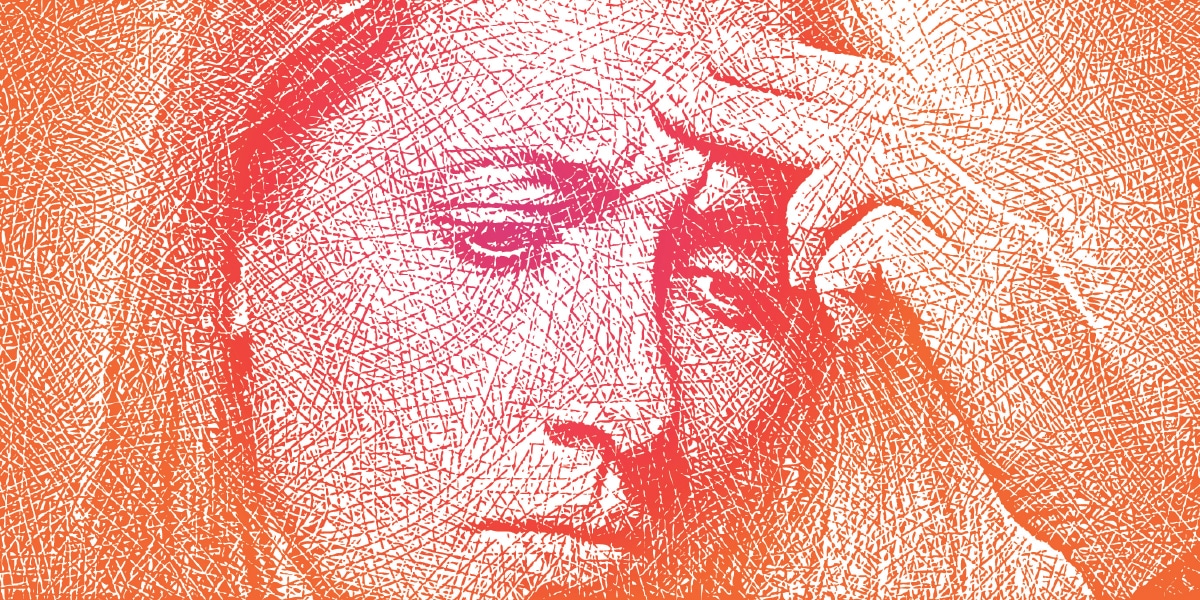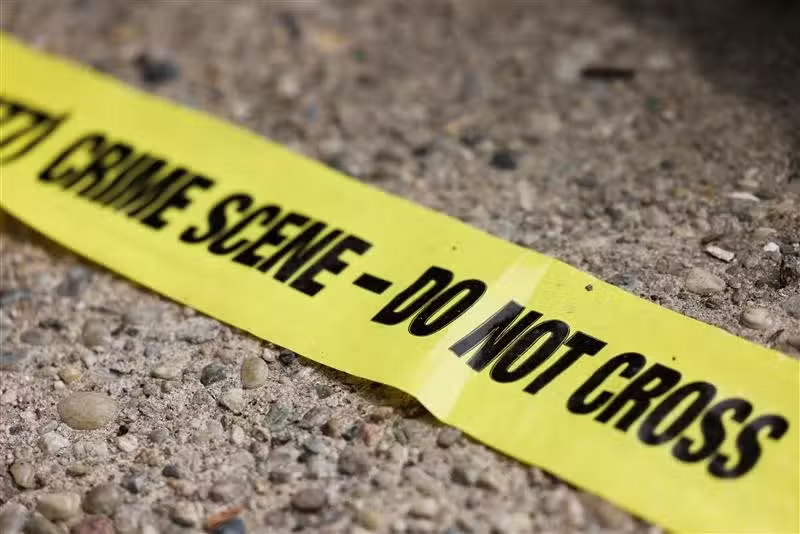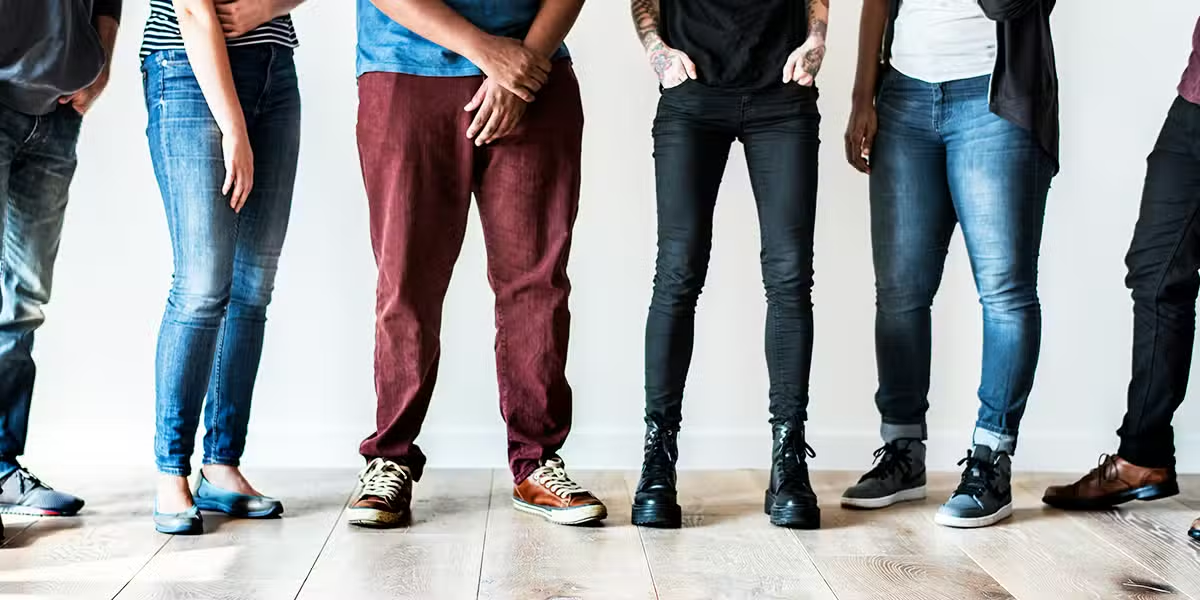I am the first to admit that I am not perfect, and I have not yet met a perfect person. Even many of the saints sometimes behaved in unholy ways. However, I would like to suggest that all humans are wounded, and viewing past traumas or bad experiences as the root cause of poor decisions might be more compassionate than accusing others of sinfulness.
I quip that even Hitler had a mother. Much of his anger and evildoing may be rooted in an unhappy childhood, his heartbreak over rejection, or his dream of becoming a great artist being shattered. None are an excuse for the incredible evil that he perpetuated. I am not justifying evildoing of any kind; I’m simply suggesting that, rather than judging people’s behaviors, we should try to understand why people behaved as they did. It is a way of exhibiting compassion—and possibly extending a healing hand—rather than perpetuating hurt. Did God love Hitler, Stalin, or others who have committed gravely horrible acts? We are taught that God loves us no matter what; thus, what are the implications of this fundamental Catholic teaching?
Communal Pain
Sometimes, relationships become impossible because of the conclusions that we come to based on someone’s actions or stated opinions. How one reacts to others makes all the difference whether one is dealing with one person, a collective, or someone of another culture. Context is important, as is someone’s past. Some wounds are visible, some are unconscious, and, according to epigenetic research, some are passed down generationally.
I have a fear and distrust of medical doctors that is likely tied to my experiences in a full-body cast for a year, beginning at 9 months of age. That wound is unconscious. I can breathe deeply and attempt to calm myself, but my blood pressure skyrockets at the sight of someone in a white coat or for any medical procedure.
The study of epigenetics reveals that trauma experienced by Holocaust survivors, soldiers, or victims of a variety of abuses is sometimes passed down into the DNA of future generations. Thus, being wounded does not just happen at the individual level, but it may also occur communally and collectively.
I am not suggesting that there is no such thing as sin, but rather that judging others and even myself is tricky and problematic. We are gifted with animal instincts, and our amygdala, or reptilian brain, is like a superhero when it is protecting us from bears, bees, or someone swinging a knife. However, it also can be set off by angry words, hollering, or any fight-or-flight situation.
Withholding Judgement
We currently are experiencing so many shootings at schools and public places. There are no easy answers to this troubling phenomenon, and I do not want to engage in political rhetoric here. What I do know, however, is that whenever we get background on these shooters, there is consistently deep pain behind their stories. The shooter is often suicidal and was bullied in school or at work. Typically, the shooter has experienced rejection and does not feel loved.
While mental illness is sometimes attributed to the troubled person, we should consider what caused it. How can we mitigate the breeding of such hatred in our society? Might we think about addressing others with a more healing attitude rather than judgment? Might we intercede when we see someone not treated with respect and teach our children to do the same? Might we imitate Pope Francis and ask, “Who am I to judge?”








